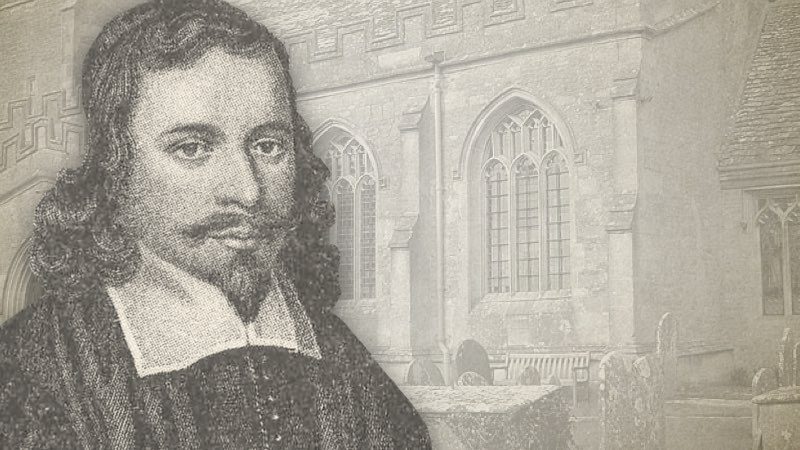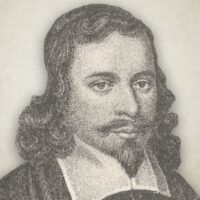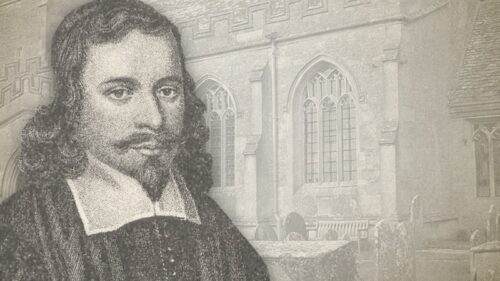
The Life And Testimony Of Tobias Crisp
William Rushton:
Dr. Tobias Crisp, like many others of the Lord’s people, was, in his earlier years, a zealous Arminian and very indefatigable in his ministerial duties. But it pleased God several years before his death to lead his mind into the heights and depths of free grace and everlasting love and to establish his soul in an extraordinary manner in the faith of imputed righteousness. This soon procured for him the surname of Antinomian, though all who knew him, both professors and profane, were witnesses to his uncommon devotedness to God and to the holiness of his life. After his strength was greatly spent by constant and laborious preaching, praying, &c., often whole nights, to the ruin of his health, he died in 1642. But the same truths which were his support in life were his triumph in death. “He manifested,” says Mr. Lancaster, “such faith, such joy, such a quiet and appeased conscience, such triumph over death and hell, as made the standers-by amazed. And withal he forgot not to profess before some present the steadfastness of his faith to this effect; ‘that as he had lived in the free grace of God through Christ, so he did with confidence and great joy, even as much as his present condition was capable of, resign his life and soul into the hands of his most dear Father.’ His son, Mr. S. Crisp, informs us that a few moments before his departure out of this world he said to friends by his bed-side, ‘Where are all those that dispute against the free grace of God and what I have taught thereof? I am now ready to answer them all;’ and so he fell asleep.”
Tobias Crisp (1600-1643) was a sovereign grace preacher and theologian. In 1627, he was presented to the rectory of Brinkworth, Wiltshire. In time, he came to develop more consistent views of the gospel leading to a number of disagreements between himself and the established Puritanism of the 16th century. The Particular Baptists, whose origin overlaps the gospel ministry of Mr. Crisp, also came to develop sharper views of sovereign grace, insomuch that by the first half of the 18th century, the vast majority of churches were distinguished from other denominations for their High Calvinism.




